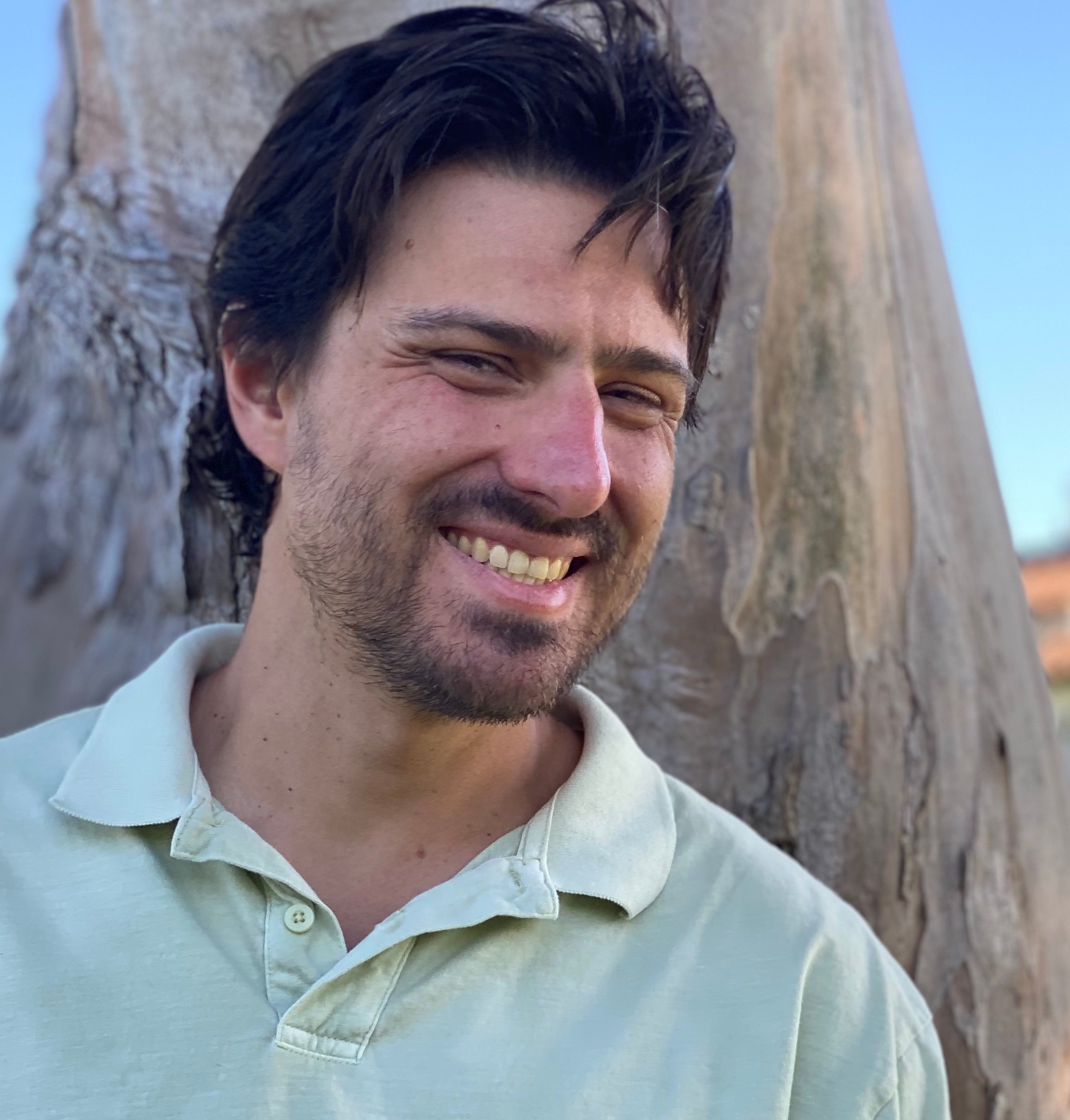Sapiens: A Brief History of Human Kind - read in English
Description
Read MoreVocal Characteristics
Language
EnglishVoice Age
Middle Aged (35-54)Accents
North American (General)Transcript
Note: Transcripts are generated using speech recognition software and may contain errors.
Yet walking upright has its downside. The skeleton of our primate ancestors developed for millions of years to support a creature that walked on all fours and had a relatively small head, adjusting to an upright position was quite a challenge, especially when the scaffolding had to support an extra large cranium. Humankind paid for its lofty vision and industrious hands with backaches and stiff necks. Women paid extra an upright gate required narrower hips, constructing the birth canal. And this just when babies heads were getting bigger and bigger, death and childbirth became a major hazard for human females. Women who gave birth earlier when the infant's brain and head were still relatively small and supple fared better and lived to have more Children. Natural selection consequently favored earlier births. And indeed, compared to other animals, humans are born prematurely when many of their vital systemss are still underdeveloped. A cult can trot shortly after birth. A kitten leaves its mother to forage on its own. When it is just a few weeks old, human babies are helpless, dependent for many years on their elders for sustenance, protection and education
